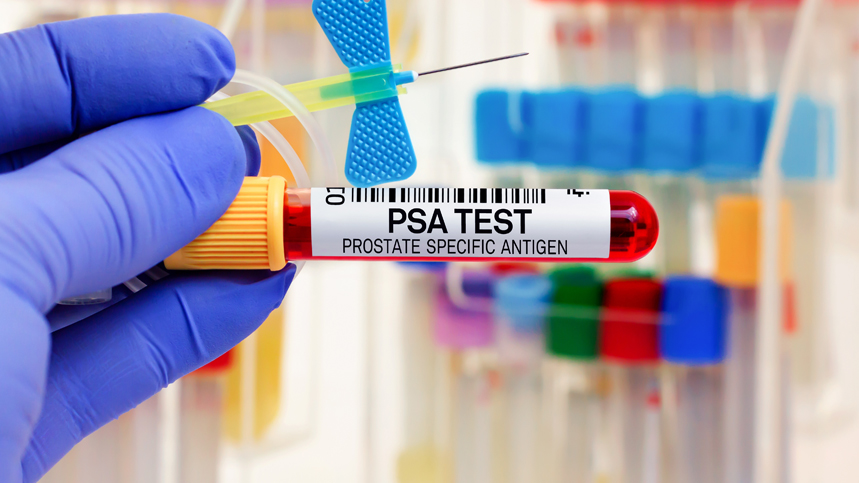

As men age, it is essential to stay on top of their health, particularly when it comes to their prostate health. A crucial tool for prostate cancer screening is prostate-specific antigen (PSA). PSA is a protein produced by cells in the prostate gland and is used to detect prostate cancer, benign prostate hyperplasia (BPH), and other prostate-related conditions.
What is PSA?
PSA is a protein produced by the cells in the prostate gland that helps liquify the semen to aid in sperm mobility. PSA is found in small amounts in the blood of every man, but higher levels can indicate an issue with the prostate gland. PSA testing involves taking a small blood sample that is then analyzed by a laboratory to detect the amount of PSA present in the blood.
What do PSA levels indicate?
The normal range for PSA levels is usually under 4.0 ng/mL. However, it is essential to remember that many factors can affect PSA levels, such as age, race, and even certain medications. Elevated PSA levels do not always mean prostate cancer, but they do require further evaluation. Men with PSA levels between 4.0 and 10.0 ng/mL have a 25% chance of having prostate cancer, and levels above 10.0 ng/mL indicate a 50% chance of prostate cancer. However, a definitive diagnosis of prostate cancer can only be made by performing a biopsy.
When should men get a PSA test?
The American Cancer Society recommends prostate cancer screening for men aged 50 and older, while the US Preventive Services Taskforce suggests starting at age 55. Men at high risk for prostate cancer, such as African Americans or those with a family history of prostate cancer, should consider screening earlier. However, every man is different, and discussing the best timing for prostate cancer screening with a healthcare professional is the best course of action.
Are there any risks associated with PSA testing?
While PSA testing is relatively safe, there are some risks to consider. False-positive results can occur, which may lead to unnecessary biopsies and other procedures that can be invasive and carry the potential for complications. Additionally, overtreatment of prostate cancer detected through PSA testing can lead to negative side effects such as incontinence and impotence. However, when PSA testing is combined with other diagnostic tools, such as a digital rectal exam, doctors can better diagnose prostate cancer and its severity.
Conclusion
Prostate cancer is a serious condition that can be effectively treated if detected early. PSA testing remains an essential tool in prostate cancer screening and detection. It is crucial to remember that elevated PSA levels do not always indicate prostate cancer and that discussing the best course of action with a healthcare professional is essential. By staying informed and up-to-date on your prostate health, you can take proactive steps to ensure that you remain healthy and happy well into your golden years.
WANT TO BOOK HEALTH CHECKUP ?
Recent Blogs
Understanding Hepatocellular Carcinoma: Diagnosis and Staging
Hepatocellular carcinoma (HCC) is a type of liver cancer that usually affects individuals...
30-11-2023
Protecting Your Skin: Vital Tips for Sun Safety and Self-Examinations
Summer is here, and we all are ready to soak up some sunshine after long and dreary winter...
30-11-2023
Preventing Liver Cancer: The Role of Hepatitis Vaccination
Liver cancer is a deadly disease that affects millions of people worldwide. While there...
30-11-2023









